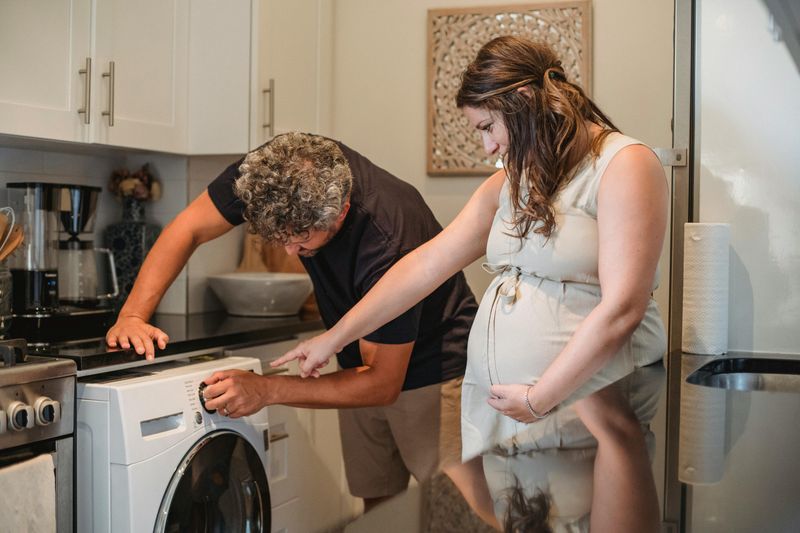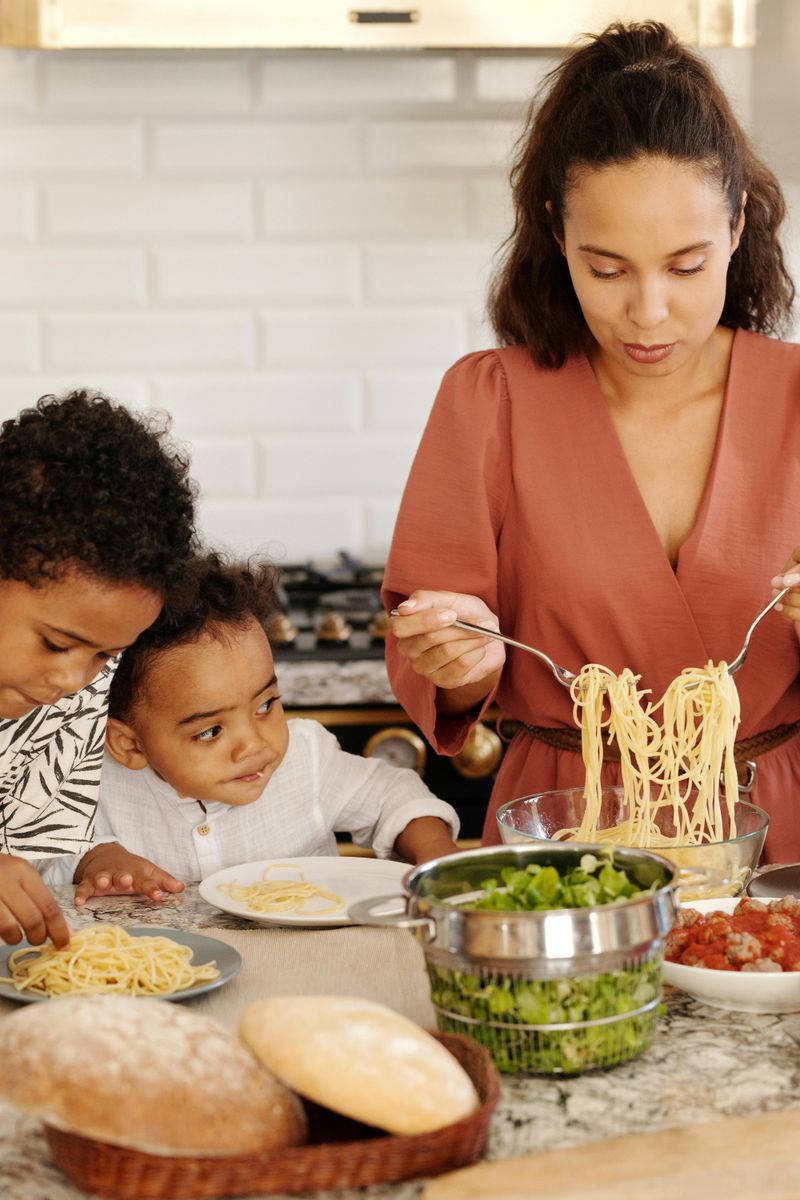11 Ways Division of Labor Turns Into Division of Resentment in Marriage

In many marriages, the division of labor is intended to foster harmony and efficiency. Yet, this seemingly practical arrangement can sometimes sow seeds of resentment. When duties such as housework, childcare, and emotional labor are unevenly distributed, it can lead to feelings of underappreciation and frustration. Often, societal norms and unspoken expectations complicate the situation further. These dynamics, if left unchecked, can create a rift between partners. By understanding the underlying causes and manifestations of resentment, couples can work towards a more equitable and satisfying partnership. Here are 11 ways that the division of labor can turn into division of resentment in marriage.
1. Unequal Workloads

In many relationships, one partner may end up with more household duties, like doing the dishes or taking out the trash. This imbalance can gradually lead to resentment, particularly if it’s assumed rather than discussed. When one person is consistently tasked with more, it may feel like their efforts aren’t valued.
Over time, this can create a sense of frustration and exhaustion. The key to avoiding this pitfall is open communication and a willingness to share responsibilities fairly. By acknowledging each other’s efforts, couples can foster a more harmonious household.
2. Invisible Labor

Invisible labor often involves the mental and emotional tasks that keep a household running smoothly, like remembering appointments or planning meals. These duties often go unnoticed, leaving the responsible partner feeling unappreciated.
This mental load can be overwhelming and lead to resentment if not recognized. It’s important for both partners to acknowledge and share these tasks. By doing so, couples can prevent feelings of neglect and build a stronger relationship based on mutual respect and understanding.
3. Rigid Gender Roles

Rigid gender roles can confine partners to outdated stereotypes, such as women handling cooking and men focusing on repairs. This can make one partner feel pigeonholed or undervalued.
Breaking free from these roles requires a shift in mindset and open dialogue. By redistributing tasks based on skills and interests rather than gender, couples can create a more balanced and satisfying partnership. This approach fosters equality and helps prevent the resentment that stems from feeling trapped in traditional roles.
4. Lack of Recognition

Recognition is vital in maintaining a healthy relationship. When one partner’s efforts go unnoticed, it can create a feeling of invisibility.
Whether it’s cooking a meal or doing the grocery shopping, acknowledging these contributions is crucial. A simple ‘thank you’ or acknowledgment of effort can go a long way in preventing resentment. By showing appreciation, partners can cultivate a more positive and supportive environment.
5. Silent Scorekeeping

Silent scorekeeping is a common issue where partners mentally track who does what. This can lead to arguments about who contributes more to the household.
Such behavior often stems from a lack of communication and appreciation. Addressing this requires open discussions about expectations and responsibilities. By fostering transparency, couples can reduce tension and work towards a more cooperative relationship.
6. Different Standards of Cleanliness

Everyone has their own standards of cleanliness, and when these differ, it can lead to frustration. One partner may feel that the other isn’t pulling their weight because their idea of ‘clean’ doesn’t match.
This can be particularly challenging if expectations are unspoken. Clear communication and compromise are key in navigating these differences. By discussing and agreeing on standards, couples can prevent resentment and maintain a peaceful home.
7. No Flexibility in Roles

Inflexible roles can lead to burnout, especially when life circumstances change. If one partner is always responsible for certain tasks, it might become overwhelming.
By remaining adaptable and willing to renegotiate duties, couples can avoid resentment. Open discussions about changing needs and responsibilities can ensure that both partners feel supported and valued.
8. Unequal Parenting Duties

When parenting duties fall disproportionately on one partner, it can create feelings of resentment. This imbalance often occurs when one partner assumes the other will handle most childcare responsibilities.
Open communication and shared responsibilities are essential in preventing this issue. By working together and supporting one another, parents can maintain a balanced and harmonious relationship.
9. Work vs. Home Imbalance

When one partner works long hours while the other manages everything at home, it can lead to feelings of disconnection. This imbalance often results in one partner feeling overburdened, while the other feels underappreciated.
To address this, couples must communicate openly about their needs and expectations. By finding a balance, they can prevent resentment and nurture a more supportive relationship.
10. Taking Each Other for Granted

When contributions are assumed rather than appreciated, partners may feel undervalued. This often leads to resentment and frustration.
By expressing gratitude and recognizing each other’s efforts, couples can cultivate a more positive and loving environment. Simple acknowledgments can make a significant difference in how partners feel about their roles and contributions.
11. Lack of Open Communication

Without regular discussions about needs and responsibilities, small annoyances can escalate into deeper resentment. Open communication is vital in understanding each other’s perspectives and finding solutions.
By fostering an environment where both partners feel heard and valued, resentment can be minimized. Encouraging honest conversations can lead to a more harmonious and understanding relationship.

Comments
Loading…